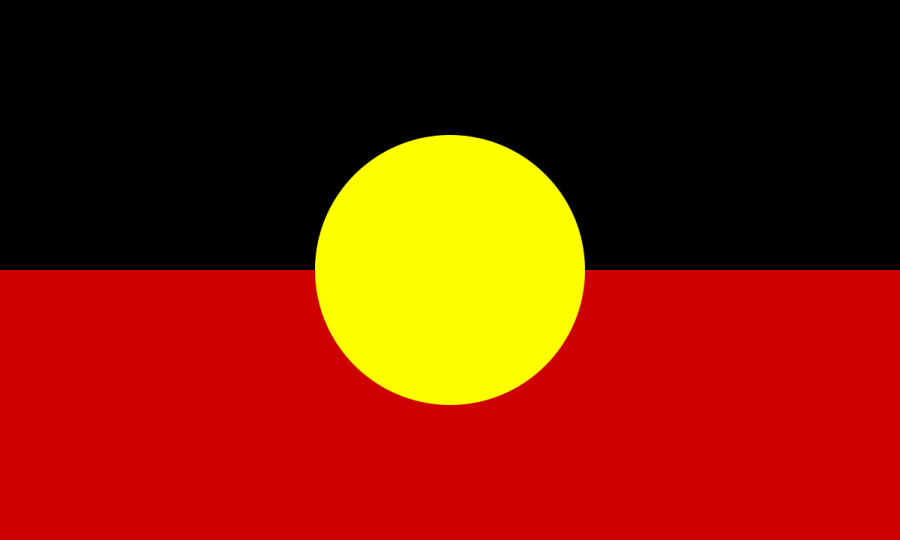The Land Rights Act, passed by the Australian national government in 1976, entitles traditional Aboriginal inhabitants to claim ownership of vacant Crown land - considered useless by white Australians - as well as pastoral areas held on behalf of Aboriginals. Officials of the Northern Territory (NT), which became self-governing in 1978, are attempting to weaken the Land Rights Act by opening up Aboriginal reserves to prospectors, thus ending a 9 year freeze on mineral exploration in the area.
According to Ian Tuxworth, the Minister of Mines and Energy for the NT, discussions have been held with the Aboriginal land councils, procedures for processing license applications have been settled, and "we are now in a position to get exploration moving again." He has offered 55 exploration licenses on Aboriginal lands to 14 different groups. Among the license holders are Union Carbide, Kerr-McGee, the Australian and New Zealand Exploration Co., and Queensland Mines. By increasing company access to Aboriginal lands, Tux-worth seeks to boost mine royalty revenues from $2.5 million/year to $15 million/year. Mining companies will be required to pay a royalty of 10 per cent of the production value instead of the current 1.25 percent making the NT Government a primary beneficiary of renewed mineral exploration.
The Central Land Council (CLC), one of three Aboriginal land councils formed in 1974, has responded to this threat with an appeal to Australian Prime Minister Fraser. The Land Rights Act, says the CLC, is a small recognition of the fact that the Aboriginies, the first inhabitants of Australia, have "a special relationship with the land which goes further than the needs of food and shelter." To have a healthy community, the Aboriginals insist, they must follow the laws laid down by the Old People years ago, which define sacred and interdependent relationships between people, minerals, grasslands, and waterholes. The NT Government has dismissed this as an "emotional argument."
The CLC holds the national government responsible for not securing Aboriginal land rights before giving power to the NT Government in 1978. "We have always been willing to share with you provided you treat us with proper respect," write CLC members who ask that the Prime Minister fulfill his responsibility to the Aborigines by firmly opposing the new amendments to the Land Rights Act and by working hard to make the Act stronger.
Article copyright Cultural Survival, Inc.

